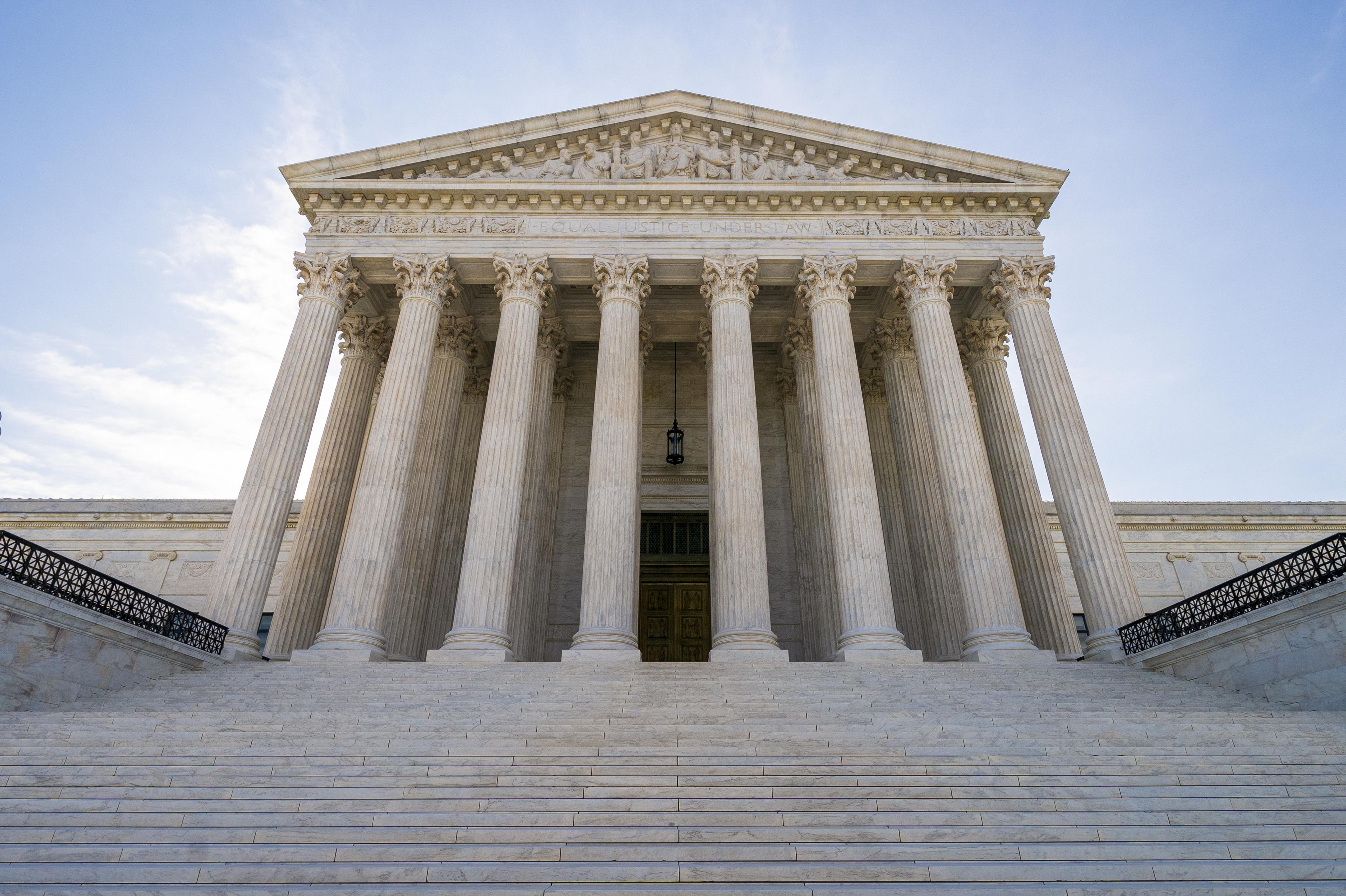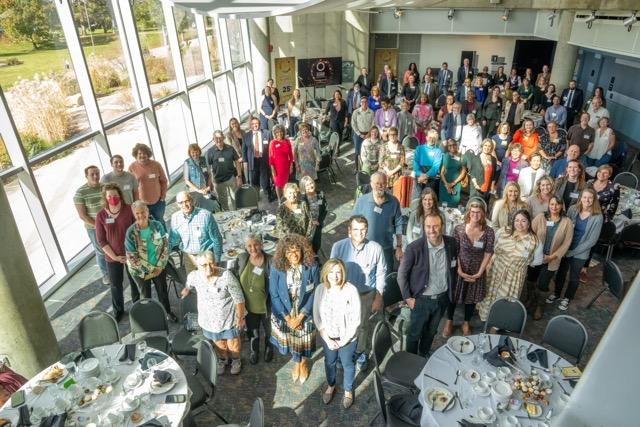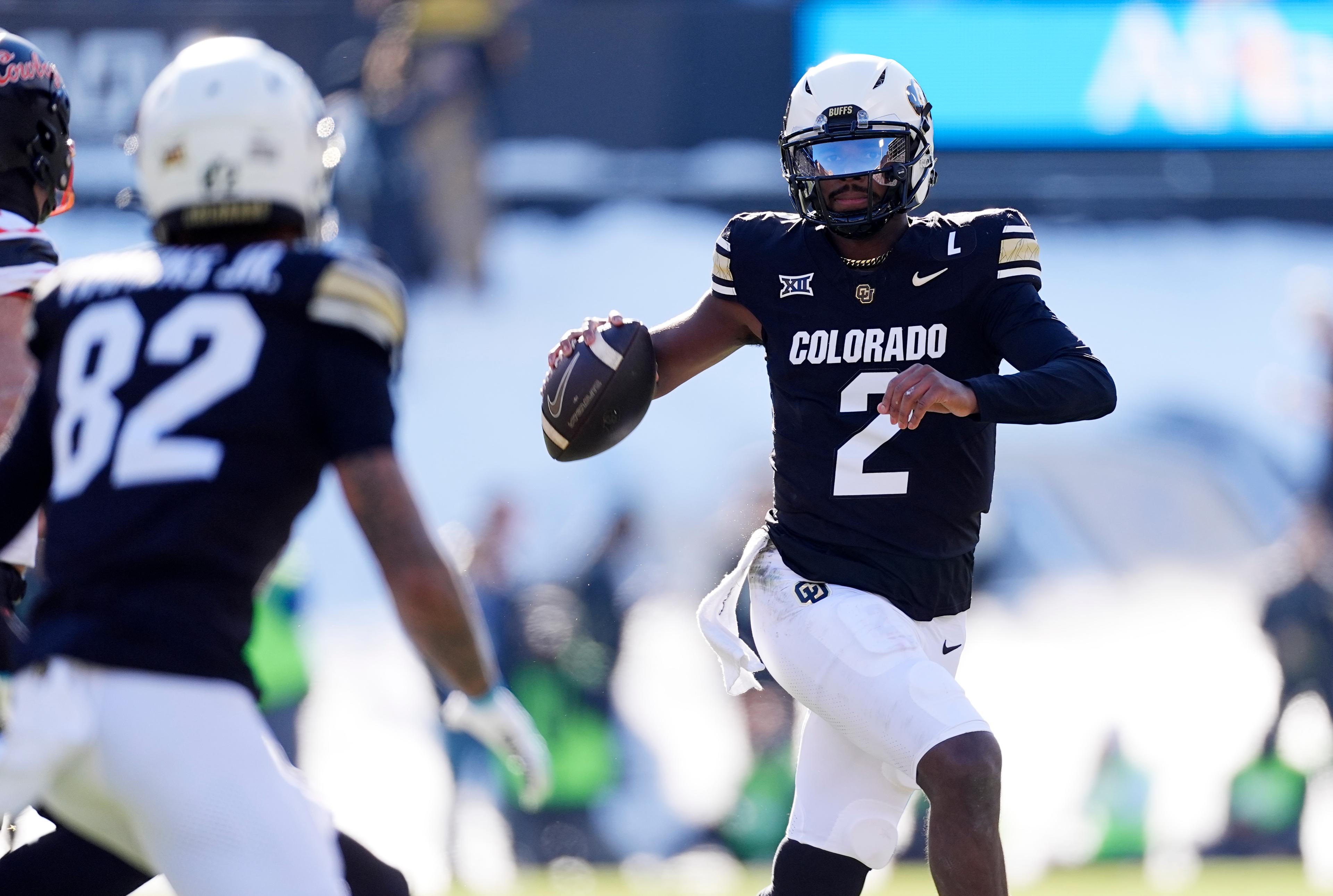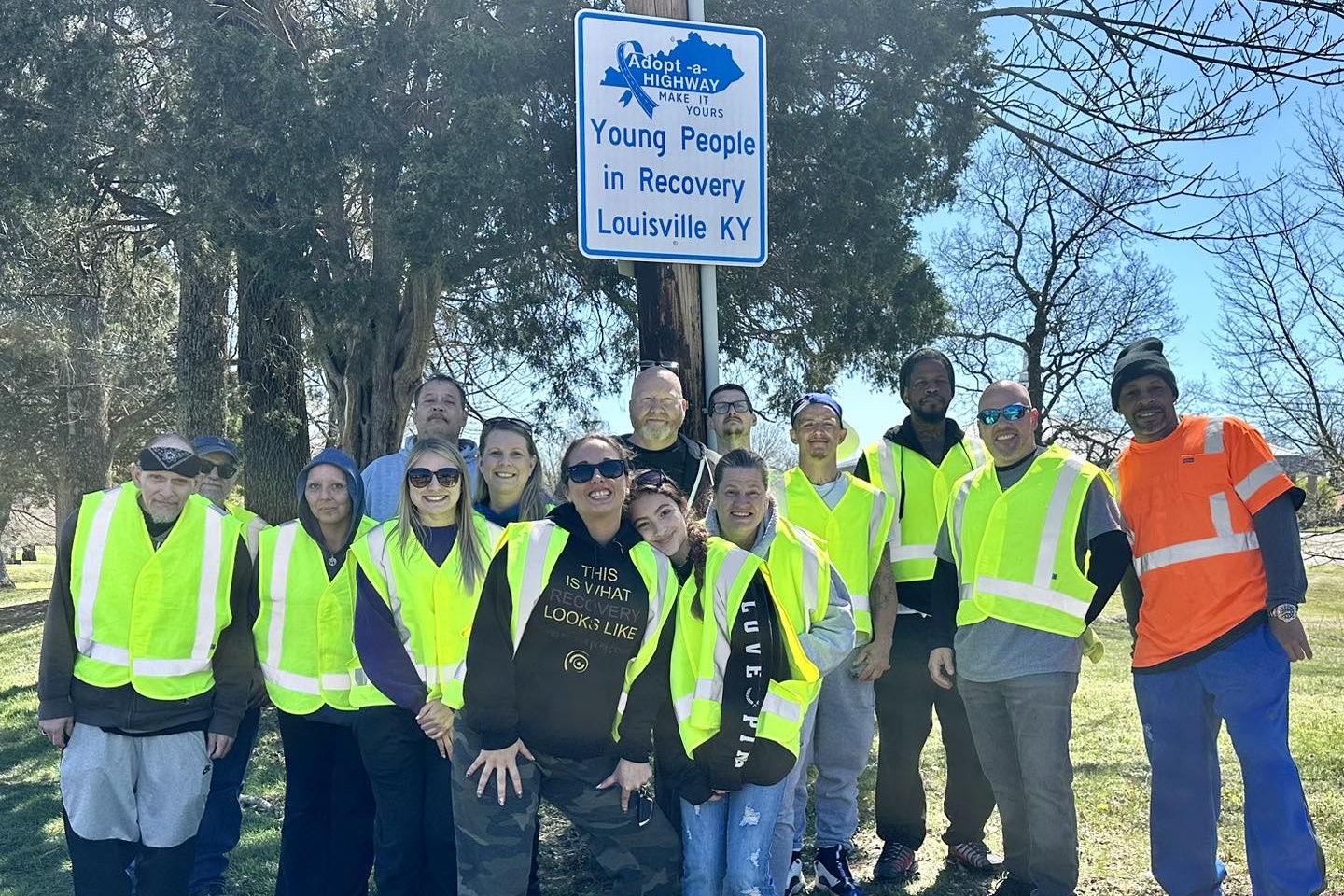
The U.S. Supreme Court will take up another Colorado case that could settle the constitutional question of whether creative professionals are required to take commissions for same-sex ceremonies, regardless of their religious views on such unions.
Unlike the 2018 Masterpiece Cakeshop case, in which a Lakewood baker was sued after refusing to make a wedding cake for a gay couple, this suit was filed preemptively by a graphic designer who wants a legal guarantee that she can turn down website commissions for same-sex ceremonies.
Lorie Smith, the owner of 303 Creative, doesn’t currently offer wedding websites but would like to start making them. However, she told the court she would not accept commissions for same-sex unions or other weddings that violate her Christian faith, and wants to be able to put a statement on her website explaining her policy.
In granting certiorari on Tuesday morning, the Supreme Court agreed to take on the free speech issue of this case — but not the religious freedom aspect.
In other words, the justices will take on whether applying Colorado’s public accommodation law that bans discrimination based on sexual orientation violates the free speech clause of the First Amendment.
“The U.S. Supreme Court has consistently held that antidiscrimination laws, like Colorado’s, apply to all businesses selling goods and services,” said Attorney General Phil Weiser, in a statement. “Companies cannot turn away LGBT customers just because of who they are. We will vigorously defend Colorado’s laws, which protect all Coloradans by preventing discrimination and upholding free speech.”
The history of the case and the 10th Circuit Court ruling
The Denver-based 10th Circuit Court of Appeals issued a 2-1 ruling last year that such a policy — and a statement — would violate Colorado’s Anti-Discrimination Act, and that the act itself does not violate the First Amendment.
“Colorado has a compelling interest in protecting both the dignity interests of members of marginalized groups and their material interests in accessing the commercial marketplace,” the two justices wrote in their majority opinion.
Their opinion concludes that while a diversity of faiths and religious beliefs are beneficial to society and that minority views — in this case Smith’s on same-sex marriage — should be protected, “Yet a faith that enriches society in one way might also damage society in other, particularly when that faith would exclude others from unique goods or services. In short, Appellants’ Free Speech and Free Exercise rights are, of course, compelling. But so too is Colorado’s interest in protecting its citizens from the harms of discrimination.”
The majority opinion was countered by the 10th Circuit’s chief judge, Timothy Tymkovich, in a dissent that was nearly as long and opens with a quote from George Orwell: “If liberty means anything at all, it means the right to tell people what they do not want to hear.”
“Though I am loathe to reference Orwell,” Tymkovich goes on to write, “the majority’s opinion endorses substantial government interference in matters of speech, religion, and conscience. Indeed, this case represents another chapter in the growing disconnect between the Constitution’s endorsement of pluralism of belief on the one hand and antidiscrimination laws’ restrictions of religious-based speech in the marketplace on the other.”
Both sides see SCOTUS hearing the case as a chance to get things right, for different reasons
Both sides on Tuesday hailed the case as one of monumental importance in the integrity of state-based anti-discrimination laws.
Alliance Defending Freedom, the conservative legal group representing Smith, said on Tuesday in a statement that the Supreme Court will “have a chance to set things right.”
“After several years of legal struggles, the U.S. Supreme Court will have a chance to set things right and uphold the God-given, constitutionally-protected rights of creative professionals, including Lorie Smith,” they said. “A win for Lorie will protect freedom of speech for her and many other Americans.”
“It’s clear the United States Supreme Court needs to remind officials that there are limits to government power,” Smith said in a video released Tuesday. “Imagine telling Taylor Swift that she has to sing whatever lyrics she is forced to sing … Those who create speech for a living are entitled to the full protection of the United States Constitution.”
Lamba Legal, a gay rights advocacy organization, said in a statement, the Supreme Court has the opportunity to do what the justices should have done three and a half years ago in the Masterpiece case.
“Reaffirm and apply longstanding constitutional precedent that our freedoms of religion and speech are not a license to discriminate when operating a business,” the statement said. “It is time once and for all to put to rest these businesses’ attempts to undermine the civil rights of LGBTQ people in the name of religion.”
The Supreme Court’s 2018 ruling in the Masterpiece case was narrowly tailored and avoided settling the larger question of how to balance religious expression and non-discrimination laws.
“How many more creative professionals will have to suffer before they receive recognition of their constitutionally protected freedoms — the rights they have always had in this country?” said Senior Counsel and Vice President of Appellate Advocacy John Bursch, in a statement announcing the ruling and the planned appeal.
However, groups that support LGBTQ rights hailed the decision as a “tremendous ruling,” saying the court correctly balanced constitutional guarantees of free speech with the need to prevent discrimination in the commercial sphere.
“This really isn’t about cake or websites or flowers,” said Jennifer C. Pizer, Senior Counsel at Lambda Legal, which filed a friend of the court brief in support of Colorado’s side. “It’s about protecting LGBTQ people and their families from being subjected to slammed doors, service refusals, and public humiliation in countless places — from fertility clinics to funeral homes, and everywhere in between.”









